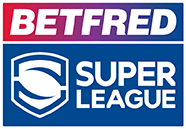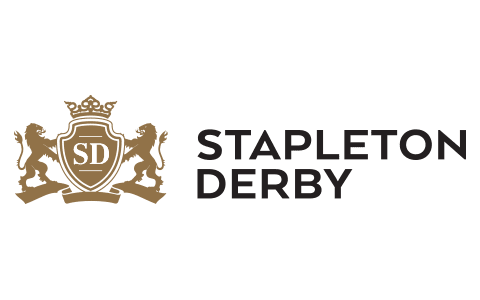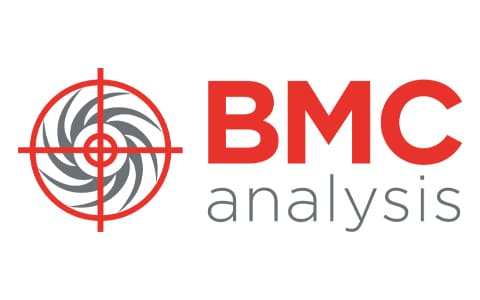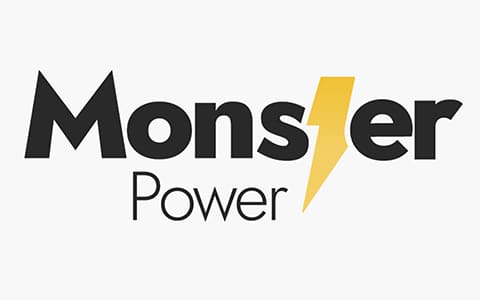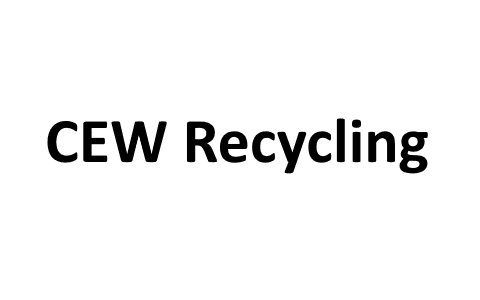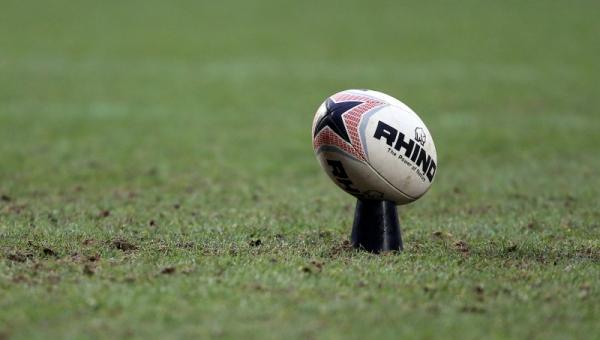
TWO amendments to the sentencing guidelines applicable to the offences of making a shoulder charge and making dangerous contact with an opponent’s legs (‘cannonball tackles’) have been introduced for the 2014 First Utility Super League and Kingstone Press Championships seasons.
The changes to the shoulder charge guidelines broadens the circumstances in which a defender who uses a shoulder charge which leads to any contact to the head of an opposing player can be referred for action by the RFL Match Review Panel.
Previously, defending players have escaped sanction by claiming that indirect contact made with an opponent’s head was unintentional or incidental. From this weekend, any use of the illegal technique of shoulder charging an opponent which results in any contact with the head of a player in possession may be chargeable.
The amendment to the dangerous contact ruling sees the sentencing tariff for this offence increased from Grade A-D to Grade B-E and relates to what are commonly known as ‘cannonball tackles’.
A cannonball tackle occurs when a defender makes dangerous contact with the leg of an opponent who is already held in possession and deemed to be in a vulnerable position.
Previously, the onus was on the disciplinary process to demonstrate that the contact to the legs was direct. For the 2014 season, the amendment recognises that there can be an unacceptable risk of injury to the attacking player regardless of whether or not contact with the legs was direct or that the knee was directly targeted.
The Match Review Panel will consider a number of factors when reviewing such incidents, including the level of force used and the angle, and point of contact.
The new season also features one amendment to the Laws of the Game and relates to the restart with a goal-line drop-out when a player touches down in the in-goal area.
For 2014, Rule 4c states that play will be restarted with a drop-out from the goal-line if a defending player intentionally touches down in the in-goal area.
Without intent, the ball will be deemed to be still in play.

